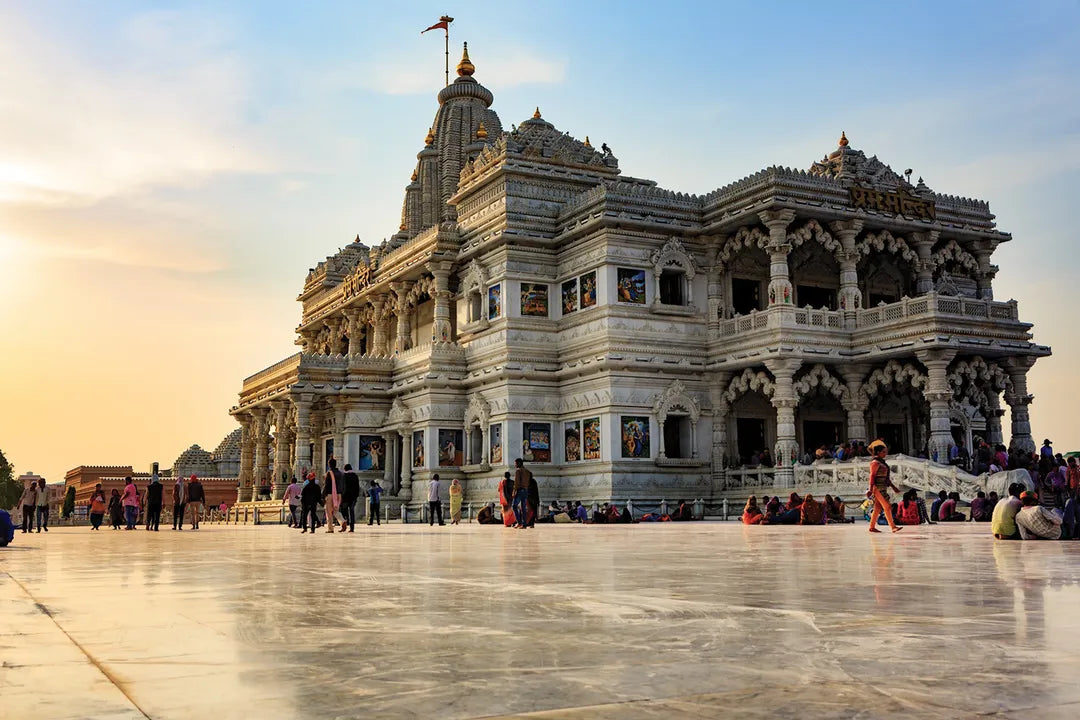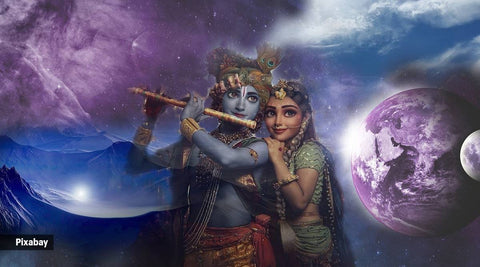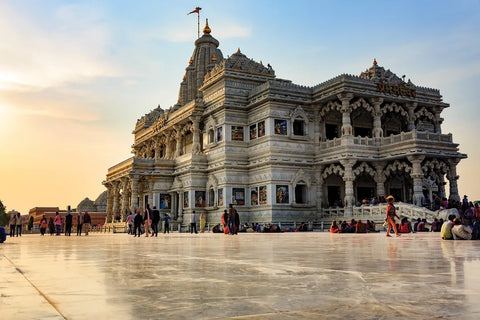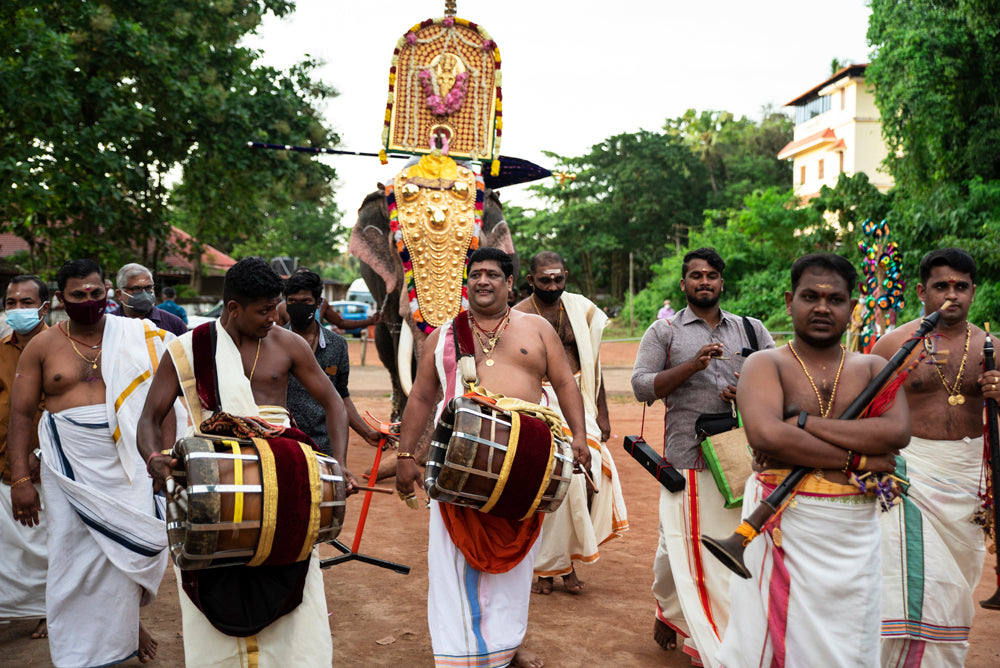
The significance of the holy city of Mathura
Mathura, located in the northern Indian state of Uttar Pradesh, is a city with a rich history and cultural significance. It is considered one of the seven most sacred cities in Hinduism, and is particularly revered as the birthplace of Lord Krishna, one of the most important deities in the Hindu pantheon. In this blog, we will explore the significance of Mathura, including its historical and cultural importance, its religious significance, and its role in shaping Hindu philosophy and practice.
Historical and Cultural Importance:
Mathura has a long and complex history, dating back to ancient times. The city was a major center of trade and commerce in the region, and was also an important cultural and religious center. It was ruled by various dynasties over the centuries, including the Mauryans, the Guptas, and the Mughals.
Mathura is also known for its rich cultural heritage, particularly its art and architecture. The city is home to numerous ancient temples and shrines, many of which date back centuries. These temples and shrines are adorned with intricate carvings and sculptures, and are a testament to the city's artistic and cultural legacy.
Religious Significance:
Mathura is considered one of the most important religious centers in India, particularly for Hindus. The city is believed to be the birthplace of Lord Krishna, one of the most important deities in the Hindu pantheon. According to Hindu mythology, Lord Krishna was born in a prison cell in Mathura, and his birth is celebrated with great fervor each year during the festival of Janmashtami.

In addition to its association with Lord Krishna, Mathura is also revered as a sacred pilgrimage site for Hindus. The city is home to numerous ancient temples and shrines, many of which are dedicated to Lord Krishna and other deities. Some of the most famous temples in Mathura include the Krishna Janmabhoomi temple, the Dwarkadhish temple, and the Banke Bihari temple.
Mathura is also closely associated with the nearby town of Vrindavan, which is believed to be the site of many of Lord Krishna's childhood adventures. Vrindavan is home to numerous temples and shrines, many of which are dedicated to Lord Krishna and his other half, Radha.
Role in Shaping Hindu Philosophy and Practice:
Mathura has played a significant role in shaping Hindu philosophy and practice. The city's association with Lord Krishna has led to the development of numerous philosophical and spiritual traditions within Hinduism, particularly within the Bhakti movement.

The Bhakti movement, which emerged in the medieval period, emphasized devotion and love for God as the primary path to spiritual liberation. This movement was particularly influential in the region around Mathura and Vrindavan, and led to the development of numerous devotional practices, such as the singing of bhajans (devotional songs) and the performance of kirtans (devotional chants).
Mathura has also been a center of scholarship and learning within Hinduism. The city is home to numerous ashrams and spiritual centers, where scholars and practitioners gather to study and discuss Hindu philosophy and practice.
Overall, Mathura is a city with a rich cultural and spiritual heritage and continues to be an important center of Hindu culture and practice today.
Author
Darshita Nautiyal
(The images used in this podcast are not owned by Anime Devta, they are just to help the readers)

